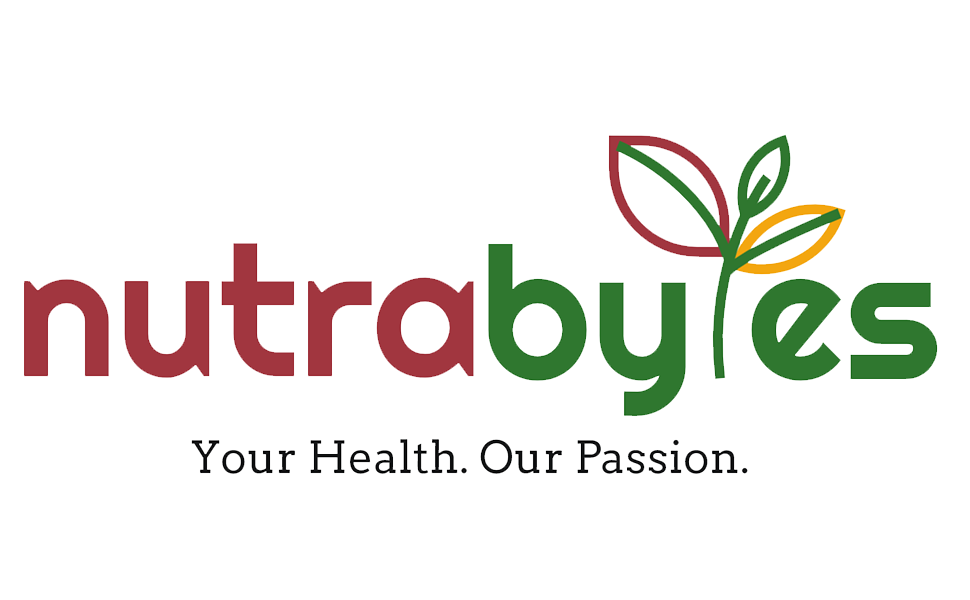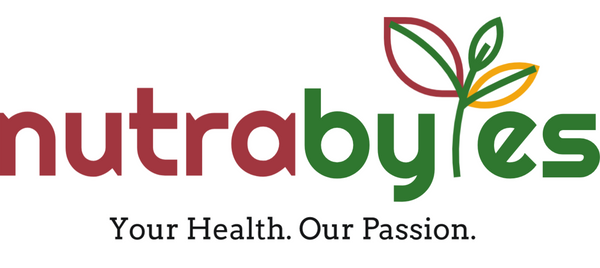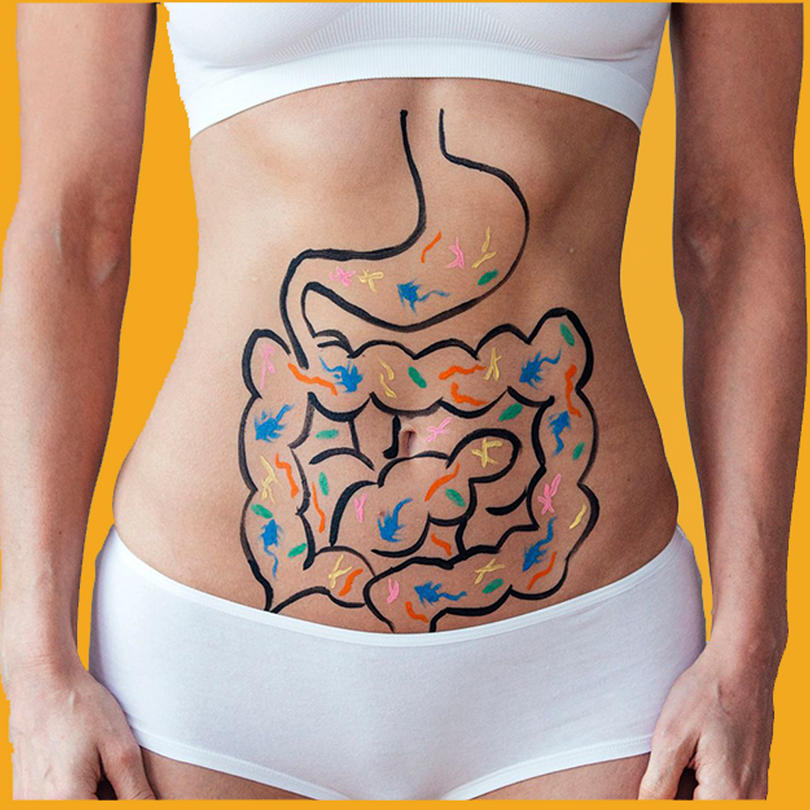There are 28 subtypes of collagen, and each has its own role to play. Close to 90% of the body’s collagen is made up of collagen Type 1, while the second largest subtype is collagen Type 3.
Type 3 collagen is what gives your skin its ability to “stretch” and come back to its original state. It's found in the walls of several organs, which need elasticity and firmness to perform their functions.
When you take collagen supplements, you will already get a good concentration of Type 1 collagen. All you need to do is check if your collagen supplement contains Type 3 collagen as well, so you can reap the benefits. Want to know why we think Type 3 collagen is essential?
Read on because we’re breaking down the functions and benefits of collagen Type 3 that will help you achieve your fitness goals faster.
What is Type 3 Collagen?
Type 3 collagen, also written as Type III collagen in scientific literature, makes up around 5% to 20% of the entire body’s collagen content. It is quite unique in its structure, as one of the major fibrillar collagens.
The fibroblast cells secrete Type 3 collagen. Type 3 collagen is composed of three α1(III) chains, which differentiates it from Type 1 collagen, which is composed of two α1 chains plus one α2 chain. It is these significant structural changes that provide the basis for categorising collagen.
Previously, it was believed that Type 3 collagen was not present in bone because scientists were unable to extract it from there.
However, in the 1990s, Type 3 collagen fibres were discovered to be concentrated at the Haversian canal surface and the bone-periosteal interface.
While Type 1 and Type 3 collagen are usually found together in several tissues, the fibrils of Type 3 collagen are much smaller in diameter than those of Type 1 collagen.
The typical ratio of Type 1 collagen to Type 3 collagen in the body is 4:1.
Where Is Type 3 Collagen Found In The Body?
Collagen Type 3 is mostly found in conjunction with Type 1 collagen. It is present in skin, the extracellular matrix, bones, muscles, and soft tissues, where Type 1 collagen dominates.
This collagen subtype is present in hollow organs such as large blood vessels, the bowel, and the uterus, providing tensile strength to these organs, which stretch a lot.
Where Does Natural Type 3 Collagen Come From?
You can get Type 3 collagen naturally from beef bone broth, roasted beef, and brisket. You will also find smaller amounts of Type 3 collagen from fish sources.
Taking bovine collagen supplements for women and men, regularly can also help with your intake of Type 3 collagen.
Type 3 Collagen Function and Benefits
Type 3 collagen provides the skin, muscles, and connective tissues with the much-needed capacity to “stretch”. It provides tensile strength and integrity to the organs.
Type 3 collagen also plays an important role in wound healing. It is formed in the early phases of wound healing, where it makes thin, branching fibres which provide a mesh-like structure for tissue support, regarded as weak or immature.
Is Type 1 Or Type 3 Collagen Better?
Collagen supplements, depending on their source, contain Type 1 and Type 3 collagen in different amounts. Bovine collagen supplements usually contain a higher concentration of Type 3 collagen than marine collagen supplements.
To say Type 1 is better than Type 3 is erroneous, as both have their own roles to play in the body. While Type 1 collagen is the most abundant collagen subtype, Type 3 is mostly found alongside it, providing muscles and tissues the stretch, the strength, and the integrity they require.
Both Type 1 and Type 3 collagen are major components of skin, muscles, and connective tissues like ligaments, tendons, and cartilage, and play complementary and dependent roles in maintaining the structural integrity of skin, muscles and joints.
What Are Some Type 3 Collagen Supplements You Can Try?
You can choose 2 of the best collagen Type 3 supplements from Nutrabytes, which are both EU-made and third-party tested for purity and potency.
-
The Premium Bovine Collagen Supplement Powder is made from hydrolysed bovine collagen peptides that are made in Sweden. It’s a high-strength variant that offers 10,000 mg of collagen per serving. It’s perfect for daily consumption. It mixes right into hot and cold drinks without forming lumps.
-
Then we have a liquid bovine collagen that’s got plenty of add-on nutrients like Vitamin C and Hyaluronic Acid. The High-Strength Liquid Bovine Collagen Supplement comes in a lovely berry flavour and is easy to take on the go.
Both products are Halal and Kosher.
Conclusion
When you take collagen supplements daily, you will begin to see the benefits in around three to six months.
Collagen is, after all, a protein, so it contributes to building up muscles and body tissues, improves satiety and plays a crucial role in energy production.
Getting a good mix of type 1 and type 3 collagen benefits you and ensures you are able to reach the health goals for which you have chosen collagen.
Frequently Asked Questions
-
Can you take collagen types 1, 2, and 3 together?
Yes, you can take collagen types 1,2, and 3 together. In fact, it should be pretty effective and beneficial for you.
-
Does marine collagen contain type 3 collagen?
Yes, marine collagen does contain a small amount of Type 3 collagen.
-
Do types 1 and 3 collagen help joints?
Collagen types 1 and 3 are found in ligaments, tendons, bones and cartilage, so both do play a role in helping joints.
-
What are the benefits of collagen types 1 and 3?
Collagen types 1 and 3 make up skin, bone, and soft tissues. They provide structural support and integrity to these organs.
References
-
Kuivaniemi, H., & Tromp, G. (2019). Type III collagen (COL3A1): Gene and protein structure, tissue distribution, and associated diseases. Gene, 707, 151–171. https://doi.org/10.1016/j.gene.2019.05.003
-
Liu, X., Wu, H., Byrne, M., Krane, S., & Jaenisch, R. (1997). Type III collagen is crucial for collagen I fibrillogenesis and for normal cardiovascular development. Proceedings of the National Academy of Sciences of the United States of America, 94(5), 1852–1856. https://doi.org/10.1073/pnas.94.5.1852
-
https://www.sciencedirect.com/topics/neuroscience/collagen-type-3
-
https://www.sciencedirect.com/topics/medicine-and-dentistry/fibrillar-collagen
-
Shaun R. Brown, Elane M. Cleveland, Corey R. Deeken, Sonni S. Huitron, Kanayochukwu J. Aluka, Kurt G. Davis, Type I/type III collagen ratio associated with diverticulitis of the colon in young patients, Journal of Surgical Research, Volume 207, 2017, Pages 229-234, ISSN 0022-4804, https://doi.org/10.1016/j.jss.2016.08.044
-
https://my.clevelandclinic.org/health/articles/23089-collagen
-
Wang, C., Brisson, B. K., Terajima, M., Li, Q., Hoxha, K., Han, B., Goldberg, A. M., Sherry Liu, X., Marcolongo, M. S., Enomoto-Iwamoto, M., Yamauchi, M., Volk, S. W., & Han, L. (2020). Type III collagen is a key regulator of the collagen fibrillar structure and biomechanics of articular cartilage and meniscus. Matrix biology : journal of the International Society for Matrix Biology, 85-86, 47–67. https://doi.org/10.1016/j.matbio.2019.10.001













